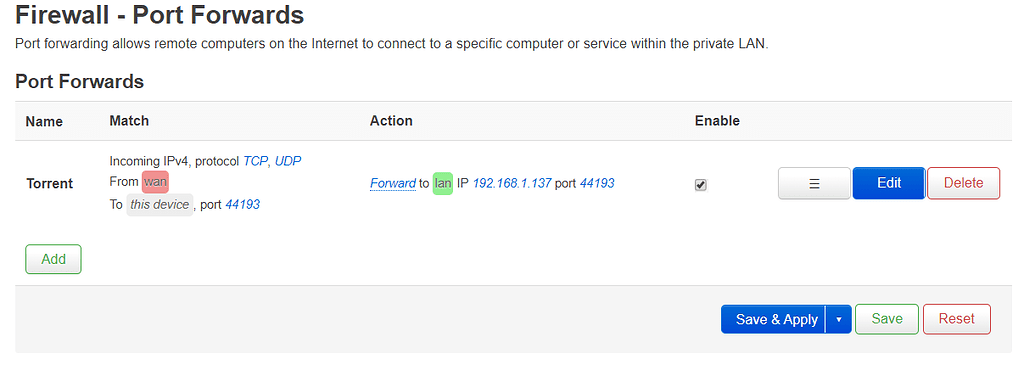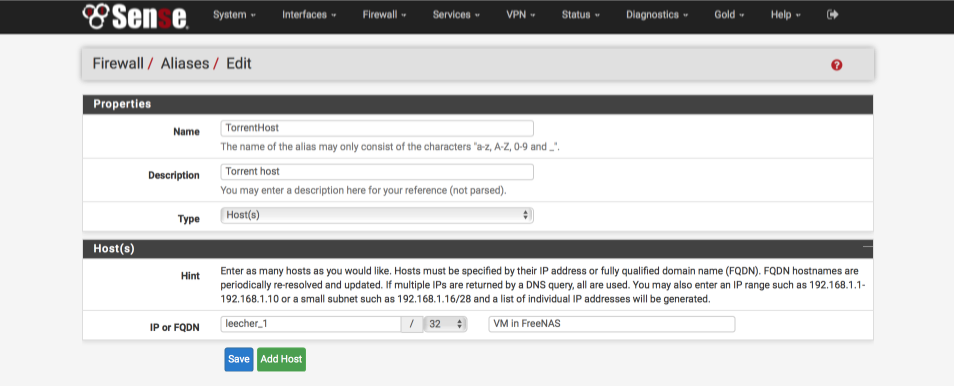

If you want to perform partition of trust, Air over TOR is a strong solution. If you wish to tunnel transparently all the applications over Air over a proxy, look at this example: Tunneling over a proxy may add an anonymity layer but may significantly decrease performance. p2p usage should be avoided in AirVPN over TOR, for both technical and ethical reasons about the TOR you don't have a proxy, just do not configure any program to use a proxy.

The anonymity layer is just as strong in the USA servers as in any other server. Using those will give you more anonymity than using other public, ie Google, OpenDNS, etc, DNS servers, but maybe not better than airvpns. Here's the IP's of two DNS servers that the have for public use: 87.118.104.203 and 87.118.109.2
How to portforward utorrent windows#
I'm assuming you are using the airvpn software, and there should be a setting in there to make it use airvpns DNS server when connected to the vpn, although I don't use windows so that's a guess. I don't know if you got this fixed, but it looks like you are possibly using google DNS servers and one other one, so check that in your DNS settings, in control panel, network connections, "your current connection" / properties. after installing the fix and restarting airvpn i get the same result?" "after running the leak test i get one leak (see attachment). It was by someone who wanted socks proxy, then vpn, and then through to the tor network if I remember correctly. Well, I can't find the other article I was thinking of, most likely the admins can help there. This is some messy stuff to illustrate connection issues with proxies: Again, you have to decide based on what you are doing. There is a forum article here about multi-layering the security, but that can become quite complicated to work out in the first place and to fix when things aren't connecting. If you do want more layers, you could try tor/vidalia and see if that works for you. The way airvpn works, is that all the traffic on one server is mixed together going in and out of the internet, so that scrambles things up pretty well, and as long as you aren't downloading copyright materials from the USA servers you should be reasonably protected from anybody figuring out who or where you are. Only you can decide how much of a performance hit you want to take for the added layer of security. I personally wouldn't go through another proxy like jonDO, but there are people that do want lots of layers. That could be why your speed isn't so hot.Īs for your question about JonDO, that forum article is just pointing to places that you can get info about your browser and connection security.
How to portforward utorrent utorrent#
My apologies, I wrote a reply last night but for some reason it didn't go through to the server.Īnyway, as far as the proxy in utorrent goes, you should uncheck the box that says "Use proxy for peer-to-peer connections" and under the proxy server "Type" see if "None" is an option, and set it for that. It will tell you at the bottom of the page if your forwarded ports are available on the open internet (and therefore your router is still allowing forwarding) : Īlso check this forum article about DNS leakage. Also check here to see if you have potential port leaks. addy and the vpn tunnel is connected to airvpn with the 10. Your computer is connected to your router with the 192. Your ip address from your router is 192.168.1.2, the ip address you have on your vpn tunnel (from airvpn) is 10.4.12.166 "also, here it says my internal ip address is 10.4.12.166, but the DHCP says its 192.168.1.2"

You should have no ports forwarded in your router whatsoever while using VPN. Yes, that is exactly what you are being advised not to do. is this correct or is this what the warning is advising not to do?" "im using a billion 7800nl and its currently set up to forward external port 4553 tcp+udp > internal port 4553.


 0 kommentar(er)
0 kommentar(er)
